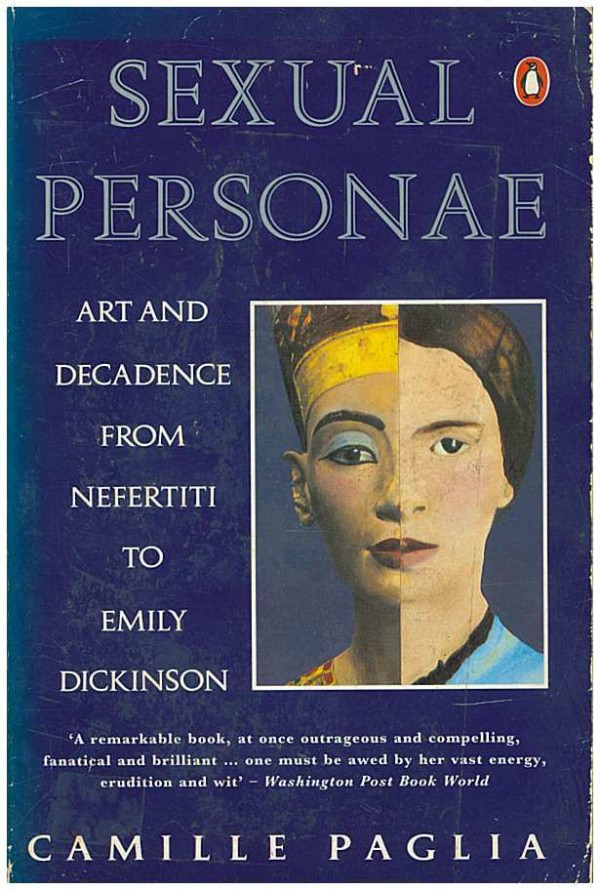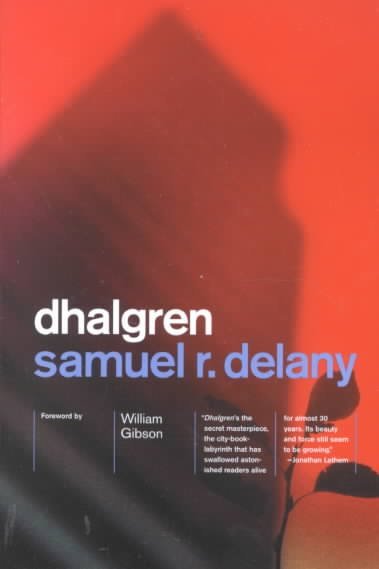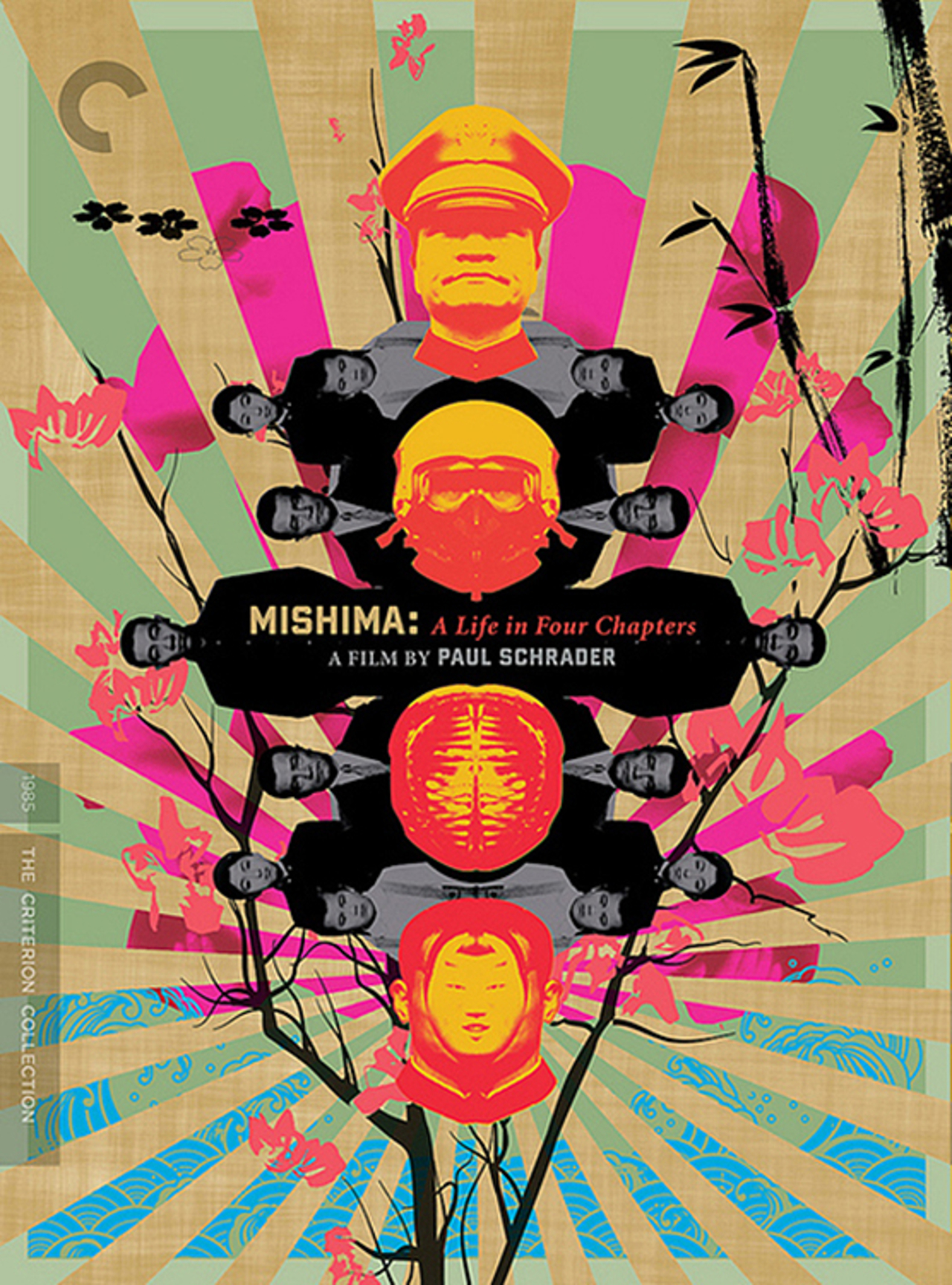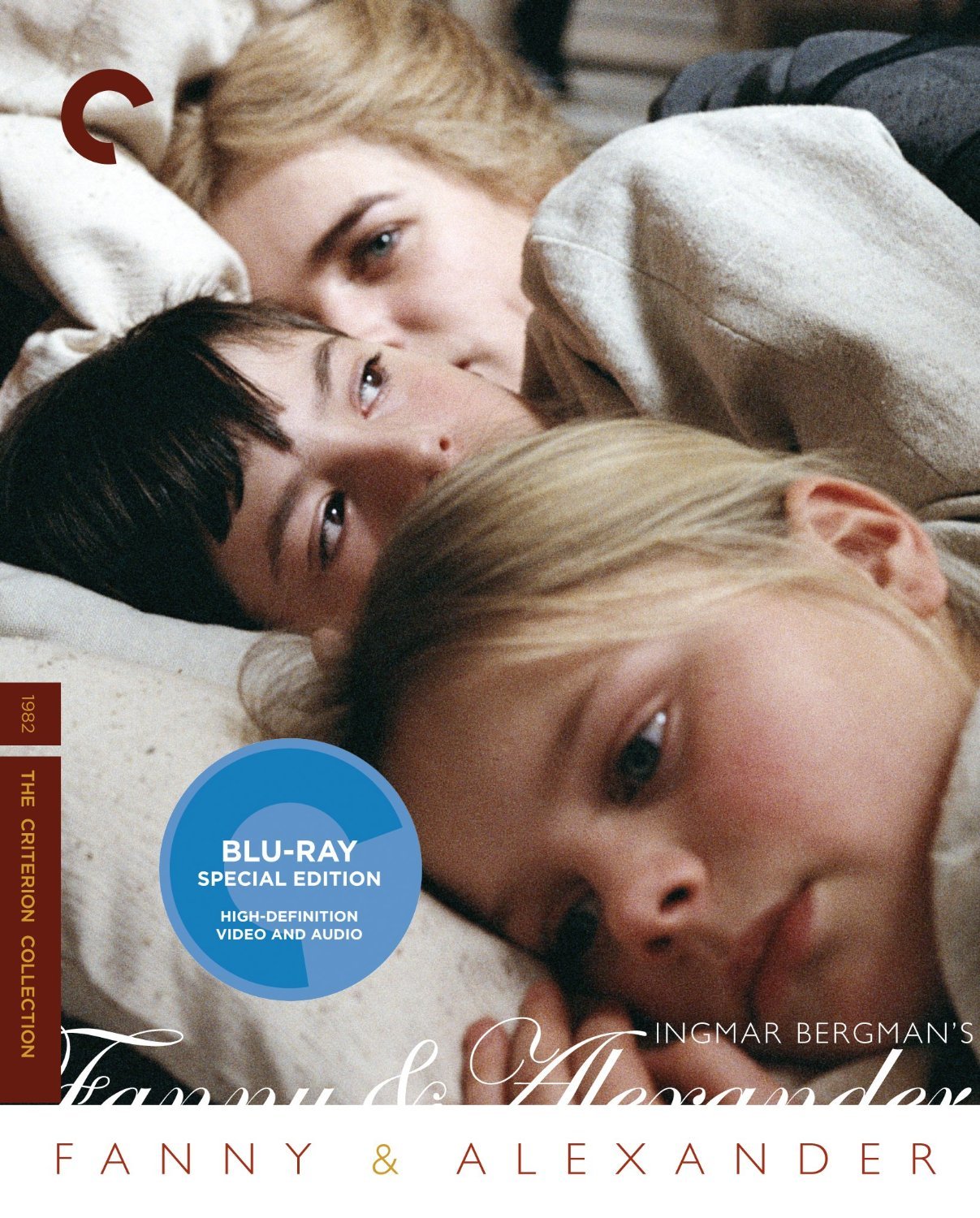The Brvtal List continues with Los Angeles-based writer and artist Lawrence Pearce.
Yin and Yang Gift Ideas
Books, music, and movies are always my favorite types of holiday gifts. They’re tiny little contained worlds which you can visit and revisit over and over again. Here are some ideas for gifts this holiday season accompanied by their compliment/counterpoint: yin and yang. All items are available on DVD/Blu-ray, digitally, and in print.
Star Wars Art: Ralph McQuarrie and Sexual Personae: Art and Decadence From Nefertiti to Emily Dickinson
Yin: Ralph McQuarrie’s designs for the original Star Wars Trilogy are the visual spirit of a galaxy far, far away. Star Wars Art: Ralph McQuarrie is a lavish, massive, two volume collection of his entire Star Wars oeuvre from art book masters Abrams. I had copies McQuarrie’s stuff all over my wall when I was a kid right next to my Skinny Puppy and NIN posters. This book is an awesome collection of film history’s greatest concept art that will help you remember how visionary Star Wars is in case you’ve forgotten, and contains paintings and drawings that haven’t been seen before.
Yang: Controversial academic Camille Paglia’s Sexual Personae: Art and Decadence From Nefertiti to Emily Dickinson explores the work of Donatello, Shakespeare, Goethe, Emily Bronte, and Oscar Wilde (among others) using the Dionysian/Apollonian dichotomy borrowed from Nietzsche to dissect the work of Western Art and literature’s most revered figures. It’s as fascinating, annoying at times, eye-opening, smart, and as undeniable as its author.
Dhalgren and And Chaos Died
Yin: Samuel Delany’s Dhalgren is as postmodern and brain-melting as they come, polarizing readers since its publication is 1975 (Delany is one of new wave science fiction’s very brightest and most challenging stars.) Confusing, frustrating, life changing, and gender bending to the extreme, Dhalgren is mostly exiled to the dusty piles of the “sci-fi section” of used bookstores these days, but it is so much more than that.
Yang: Joanna Russ, (a close friend of Delany’s and another brilliant new wave SF figure) is science fiction’s grande dame of feminist meta-fiction using the modes of fantasy and SF to examine the form itself and the cultural forces which bring it about. And Chaos Died is a psychedelic dystopian masterpiece and one of my favorite books.
The Right Stuff and Event Horizon
Yin: Philip Kaufman’s The Right Stuff is funny, ironic, satirical, inspiring, and haunting all at the same time. Some great old school optical FX, a heroic score by the legendary Bill Conti, great performances, stunning cinematography by Caleb Deschanel, and a really strange, playful story structure make The Right Stuff one of the best American films of the 1980s—separate yet equal to Tom Wolfe’s acclaimed novel. It also reminds you that Dennis Quaid starred in so many forgotten, underrated masterpieces of the 80s.
Yang: Visually incredible with a cool sort of premise, Event Horizon is awesome with some of the most imaginative space imagery of the post-digital age (Event Horizon features real models composited onto film digitally) and some of the raddest gross out scenes of any era. Described upon its release as “Hellraiser in space”, Event Horizon for me is more like 2010: The Year We Make Contact meets Poltergeist. I fucking love this movie.
Autechre elseq 1-5 and Survive RR7349
Yin: At over 4 hours long with 5 album length passages, the only thing wrong with Autechre’s latest release, elseq, is that it doesn't seem long enough somehow. I could listen to this stuff all day, everyday, and I often do! Autechre are always at the very top of their game, each new release more masterful, more challenging, always blurring the lines between timeless electronic sound designs of yet discovered civilizations and badass musicality and arranging. No other major electronic artist seems nearly as contemporary or as a thousand generations ahead of anything else out there as Autechre. Autechre’s elseq isn't just otherworldly, obtuse daydream music… It’s therapy for your brain that’s hovering somewhere in a frozen aquarium beneath the surface of the moon.
Yang: Like Autechre, Austin’s Survive are at the very top of their game, but in a truly yang-ish fashion from Autechre, neutralizing and moving far ahead of all previously encountered synthwave cliches. Survive’s aesthetic is more 70s to me in a way than “80s”, evoking stoner flights through galactic wallpaper and purple lava lamps than any 80s soundtrack I’ve ever heard (and I’ve heard them all, believe me.) Yet it’s all remarkably, paradoxically, refreshingly contemporary. RR7349 much like “THX 1138” suggests the bar code on the back of a confused, rebellious clone’s shaved head or the number on some obscure synthesizer invented by the Soviets in the 70s. I enjoyed it more than their Stranger Things soundtrack, which is also excellent and, like RR7349, a lot less “retro” than everyone wants to think.
Yojimbo and Point Break
Yin: It’s a tough call, but Yojimbo might be my favorite Kurosawa film. It’s basically a Japanese gangster movie with swords. Unlike the stoic heroism and sacrifice of Kurosawa’s other samurai classics, Yojimbo has a cynical swagger, the type of which Tarantino’s later revenge epics try to emulate. The story is based on noir guru Dashiell Hammett’s The Glass Key and Red Harvest, but it becomes its own thing inspiring and influencing everyone from Sergio Leone, John Milius, David Lynch (Lynch stole the image of the severed hand in the dog’s mouth in Wild At Heart from Yojimbo), and The Coen Brothers whose film Miller’s Crossing (also highly recommended) is also based on Hammett’s The Glass Key. Awesome, timeless filmmaking. I’m a sucker for samurais and ronins.
Yang: Point Break is a modern day Kurosawa with surfboards, machine guns, bank robbers, pop zen new age glibber-glabber, and, much like Top Gun and Road House, not so veiled male homoerotism (I mean, come on… Keanu’s female love interest is androgynous and boyish, and Keanu’s scenes with Swayze are more romantic than the love stuff with the woman.) Containing some of the craziest action scenes every filmed, a surprisingly original story, timeless dialog, Keanu’s best ever performance, and a solid, crowd pleasing, yet sort of tragic climax, it’s the best film Katherine “I usually have no clue how to end my movies” Bigelow will ever make. Great soundtrack by Mark Isham too. And Keanu’s character has the best movie name of all time: “Johnny Utah.”
Mishima: A Life In Four Chapters and I Shot Andy Warhol
Yin: Mishima is Paul Schrader’s complex biopic about the complicated Japanese gay writer/filmmaker/fighter pilot/military officer/media personality/quasi-fascist Yukio Mishima. Featuring a typically exquisite music score by Philip Glass filled with prerequisite existential dread and revelation, Mishima is unlike any biopic you’ll ever see. A monument of great filmmaking on every conceivable level, and featuring one of the most complex story structures ever set to film, it will leave you changed forever. I cant praise or recommend this film enough.
Yang: Andy Warhol liked to collect weirdos, but not really out of any solidarity with them as outsiders, but more for hipster cred and a source to exploit for his own projects. Mary Herron’s excellent film about feminist hero and icon Valerie Salanas is also about the equally complicated Andy Warhol and his darker side of dumping people in his circle when they no longer suited his ambitions. I Shot Andy Warhol humanizes both of them without ever judging them as people nor their dubious acts brought about by their different/not so different obsessive geniuses. One of the film’s very last shots of Salanas in an institution being hosed down in a shower is one of the most heartbreaking things you’ll ever see. And while other period films like Oliver Stone’s The Doors come off as corny, the recreations of Andy Warhol’s Factory in Herron’s film capture fairly accurately all the emptiness, shallowness, douchebaggery, and brilliance of that brief atmosphere of partying and high-minded exhibitionism.
Fanny and Alexander and A.I. Artificial Intelligence
Yin: Bergman’s sprawling, mostly autobiographical epic about childhood (his own) isn’t so much watched as experienced. It just sort of unfolds and you’re carried away and hypnotized even during the film’s darkest moments. Bergman is the opposite of his more joyous and sentimental Italian contemporary Federico Fellini whose childhood remembrances embrace the fantastic and imagination, often bordering on the outright schmaltzy at times. Not Bergman. Though there’s all sorts of wonder, romanticism, and acts sacrifice in Fanny and Alexander, there’s a dark cloud over everything that never seems mopey or overly sentimental. Plus Bergman loves ghosts. Bergman’s ghosts are metaphors for the things that will never leave you no matter how much you try to move on, and Fanny and Alexander is Bergman’s greatest ghost story.
Yang: I prefer A.I. (which started out as a Stanley Kubrick project) to Kubrick’s half-assed final film Eyes Wide Shut. Spielberg’s polarizing toy come-to-life adventure is his Fanny and Alexander. All of Spielberg’s previous issues and fears of maternal abandonment are on full display in A.I., a film that despite its glaring flaws is somehow unforgettable, and features the eeriest, creepiest final 20 minutes (a final 20 minutes that will forever be debated by lovers and haters) I’ve ever seen in a science fiction film. It’s like Solaris level creepy. And don’t let the sugary coating and piss drippy piano music of the film’s false lullaby final moments fool you. The ending’s as dark as they come. A.I. is an end of the world fantasy that’d make Bergman stand up and applaud.
- Lawrence Pearce













